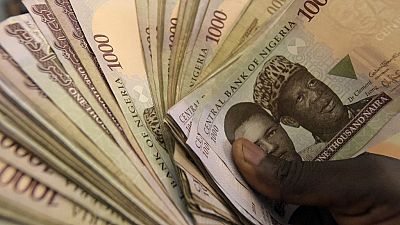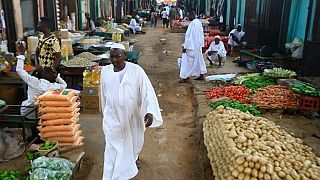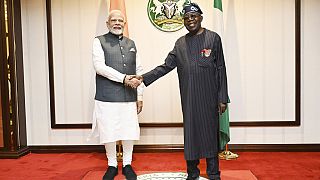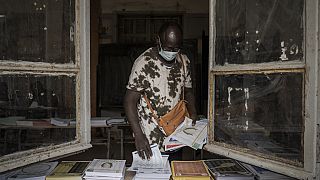Nigeria
Nigeria's annual inflation slowed by 0.03 percentage point to 15.60% in January, the statistics office said on Tuesday, ahead of the release of growth data next week.
Inflation, which has been in double digits since 2016, was particularly high in December due to a surge in demand during the Christmas season, said Simon Harry, head of the National Bureau of Statistics.
Nigeria imports many key goods and services. A dollar shortage has prompted the government to put restrictions on foreign exchange supplies at certain items, cutting supplies of goods and exerting pressure on prices.
The West African country faces a fuel shortage that could stoke inflation as logistics and transport costs rise, analysts say. Nigeria depends almost entirely on imports to meet its domestic gasoline needs because it lacks refining capacity.
Nigerian authorities have said persistent inflationary pressures are structural - linked to deficits and not solely to the money supply - and largely imported.
Food price inflation, the major headline component, decreased by 0.24 percentage points in January to 17.13%. Core inflation, excluding prices of farm produce, was flat at 13.87%.
Persistent double-digit inflation could pile pressure on the central bank to reconsider its dovish stance on interest rates, although economic growth is still fragile.
Nigeria's economy grew just over 4% on an annual basis in the third quarter, its fourth consecutive quarterly expansion, after a COVID-19-induced recession in 2020. However, the rate of growth slowed compared with the previous quarter.












Go to video
Ghana overtakes Nigeria in U.S. visa overstay rates, new report reveals
01:00
Chidimma Adetshina crowned Miss Universe Africa and Oceania
01:29
Political analyst says Donald Trump's win moves US to the right
01:05
Nigeria: Tinubu orders release of child protestors
Go to video
Nigerian MP caught on camera assaulting delivery driver
01:00
Pics of the day: October 29, 2024